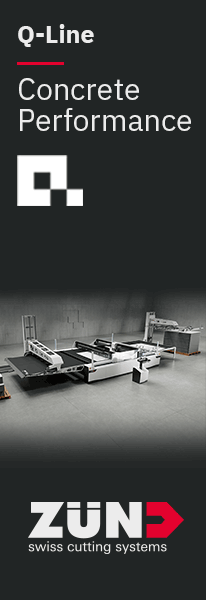Fibre Packaging Europe (FPE) welcomes the European Commission’s Circular Economy Package, notably its proposal for the “Eco-design for sustainable products regulation” (ESPR) as it aims to make sustainable products the norm on the EU market and reduce their overall environmental and climate impacts. The design phase is instrumental throughout the value chain, from the use phase until the end of life, and we commend the European Commission for ensuring a level playing field between the sustainability of EU and imported products.
“This is a highly anticipated and timely piece of legislation, especially as it sets out requirements enabling consumers to have access to products which are designed with the environment in mind. Products from renewable sources, such as fibre-based packaging, allow us to de-fossilise our options and help meet the EU’s climate neutrality objectives,” said Mike Turner, Chairman of Fibre Packaging Europe.
Whilst the ESPR introduces ecodesign requirements such as durability, ease of repair and maintenance, and the use of recycled materials, the European fibre-based packaging industry believes that one important requirement is missing, namely, the renewability of raw materials. Considering the Commission’s climate neutrality ambitions, renewable materials can play a central role for energy production as well as for products.
Designing products to be recyclable will also have to be the new norm in the EU. While the ESPR touches upon this element in the body of the Regulation, the fibre packaging industry believes the “recyclability” ecodesign requirement should be further strengthened; ‘ease of recycling’ needs to be consistently addressed throughout the proposal, for example, in the Ecodesign Requirements (Art. 5) and in the context of the amounts of waste generated and the ‘ease of re-use’ (Annex I). Fibre-based products are recycled back in the paper industry to become new paper products, achieving high quality recycling standards, both in terms of environmental performance and high-quality products.
“As we are anticipating a high number of revisions which will concern product legislation, legal ambiguity and duplication should be avoided,” noted Turner. The Alliance considers that the European Commission rightfully took the approach of ensuring legal certainty. For the fibre-based packaging industry in Europe, this also means ensuring consistency with other pieces of legislation, such as the Packaging and Packaging Waste Directive, which will set its own sustainability requirements related to circularity. By ensuring legal certainty, policy makers will allow the European industry to enhance its investments in innovative and sustainable solutions.
Fibre Packaging Europe will be working with policymakers to ensure that stakeholder expertise and scientific evidence are further taken up during the ordinary legislative scrutiny process. We remain available to provide additional information, expertise and data, and would appreciate the opportunity to continue the dialogue with key leaders on this crucial topic.



